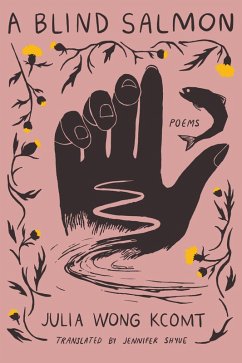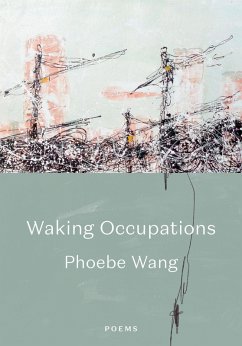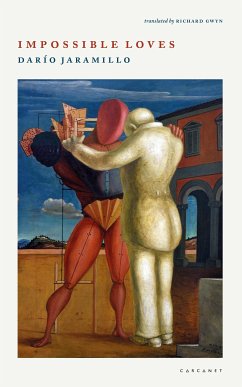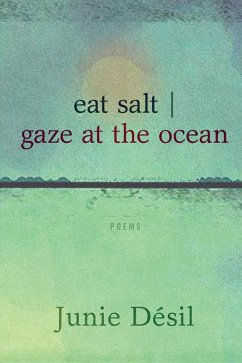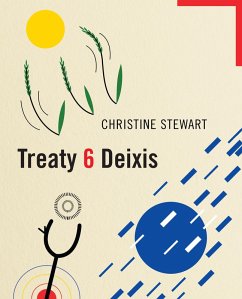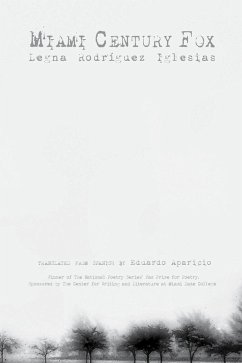
Nostalgia Doesn't Flow Away Like Riverwater (eBook, ePUB)

PAYBACK Punkte
5 °P sammeln!
A story of separation and displacement in two fictionalized voices: a person who has migrated, without papers, to the United States for work, and their partner who waits at home.Nostalgia Doesn't Flow Away Like Riverwater / Xilase qui rié di' sicasi rié nisa guiigu' / La Nostalgia no se marcha como el agua de los ríos is a trilingual collection by one of the most prominent Indigenous poets in Latin America: Irma Pineda. The book consists of 36 persona poems that tell a story of separation and displacement in two fictionalized voices: a person who has migrated, without papers, to the United ...
A story of separation and displacement in two fictionalized voices: a person who has migrated, without papers, to the United States for work, and their partner who waits at home.
Nostalgia Doesn't Flow Away Like Riverwater / Xilase qui rié di' sicasi rié nisa guiigu' / La Nostalgia no se marcha como el agua de los ríos is a trilingual collection by one of the most prominent Indigenous poets in Latin America: Irma Pineda. The book consists of 36 persona poems that tell a story of separation and displacement in two fictionalized voices: a person who has migrated, without papers, to the United States for work, and that person's partner who waits at home, in the poet's hometown of Juchitán, Oaxaca.
According to Periódico de Poesía, a journal based at UNAM (Mexico's national university), when it was published in 2007, this book established Pineda "one of the strongest poets working in Zapotec, the [Mexican] Native language with the largest literary production."
Nostalgia Doesn't Flow Away Like Riverwater / Xilase qui rié di' sicasi rié nisa guiigu' / La Nostalgia no se marcha como el agua de los ríos is a trilingual collection by one of the most prominent Indigenous poets in Latin America: Irma Pineda. The book consists of 36 persona poems that tell a story of separation and displacement in two fictionalized voices: a person who has migrated, without papers, to the United States for work, and that person's partner who waits at home, in the poet's hometown of Juchitán, Oaxaca.
According to Periódico de Poesía, a journal based at UNAM (Mexico's national university), when it was published in 2007, this book established Pineda "one of the strongest poets working in Zapotec, the [Mexican] Native language with the largest literary production."
Dieser Download kann aus rechtlichen Gründen nur mit Rechnungsadresse in A, D ausgeliefert werden.





